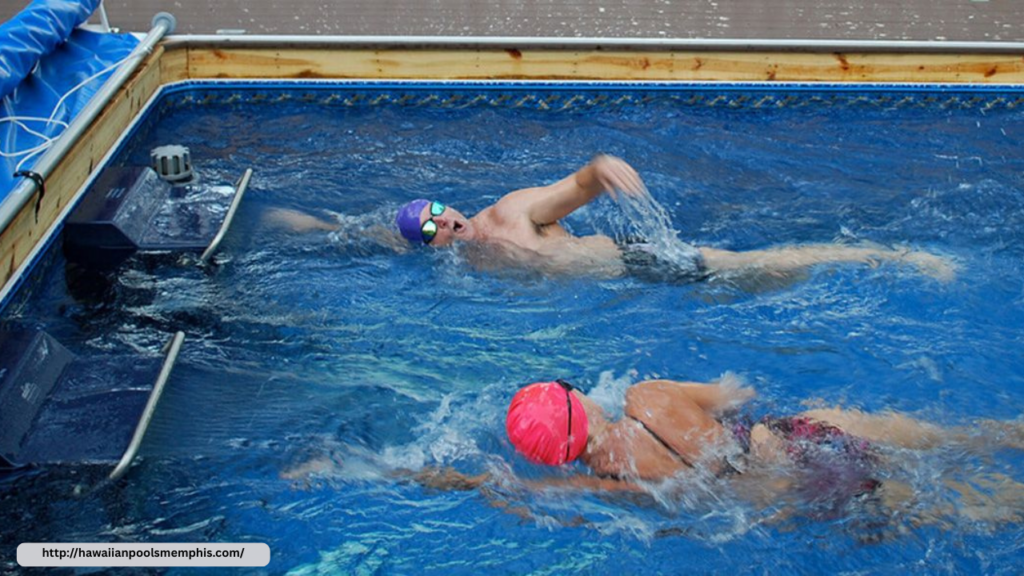
In the world of elite swimming, repetition is the rule. Thousands of hours are spent moving up and down the same pool lane, chasing milliseconds and mastering technique. While the sport is often celebrated for its discipline and physical rigor, there’s another side that remains mostly hidden — the intense psychological strain that comes with trying to be the best in a sport defined by relentless routine.
Swimmers are often praised for their endurance, not just physically, but mentally. Early mornings, grueling two-a-day practices, strict diets, and constant self-discipline form the backbone of a swimmer’s life. For many, this structure starts in childhood and only intensifies with age. By the time a swimmer reaches the collegiate or professional level, training becomes a full-time job — one with no off-season and few breaks.
At the core of the sport is the never-ending pursuit of perfection. One wrong turn, a mistimed breath, or a slight delay on the block can mean the difference between a podium finish and disappointment. This perfectionism is part of what fuels swimmers to greatness, but it also lays the groundwork for chronic stress, self-doubt, and burnout.
What makes the swimmer’s mental battle especially challenging is its invisibility. The sport is performed in silence, heads submerged underwater, where there’s no crowd to hear you breathe harder or see you falter. It’s just the swimmer and the clock. There’s little external validation in training — only the internal voice that can either motivate or torment. Over time, many swimmers begin to equate their self-worth with their performance in the water.
This mental strain often remains unspoken. In swimming, toughness is a badge of honor, and vulnerability is sometimes seen as a liability. As a result, athletes may suppress feelings of anxiety, depression, or exhaustion out of fear of being seen as weak or uncommitted. They push forward in silence, putting on a confident front while privately struggling with overwhelming pressure and fatigue.
Some of the sport’s biggest names have helped bring these issues to light. Olympic legend Michael Phelps has spoken openly about his battles with depression and suicidal thoughts, despite his unparalleled success. His transparency has helped spark a larger conversation about mental health in swimming and athletics in general.
Support systems are slowly improving. More swim programs are hiring sports psychologists and encouraging open discussions about mental well-being. Athletes are learning that seeking help is not a sign of weakness but a necessary step toward sustainability and long-term health in the sport.
Still, the stigma persists in many corners. To truly support swimmers, coaches, institutions, and fans must recognize that the greatest battles are not always won in the pool. Sometimes, they are fought in quiet moments — in locker rooms, on long drives home, or during sleepless nights filled with doubt.
The sport of swimming is one of endurance, focus, and grace under pressure. But if we want to see swimmers thrive, not just perform, we must acknowledge and address the silent struggles that come with those endless laps.